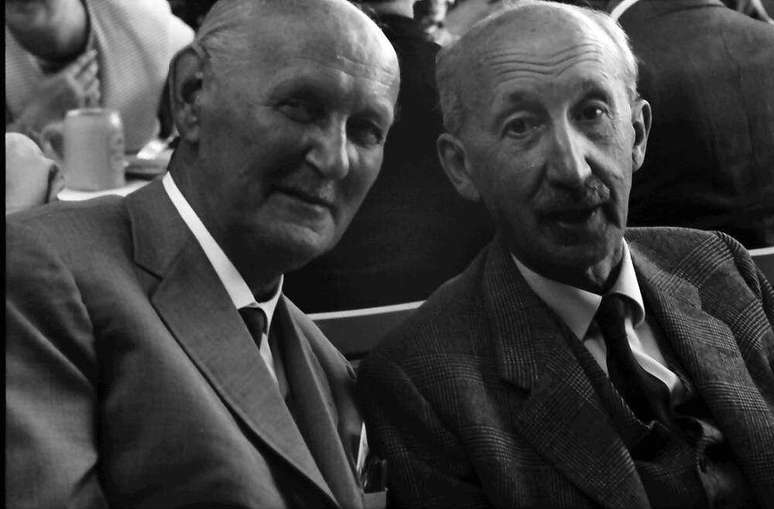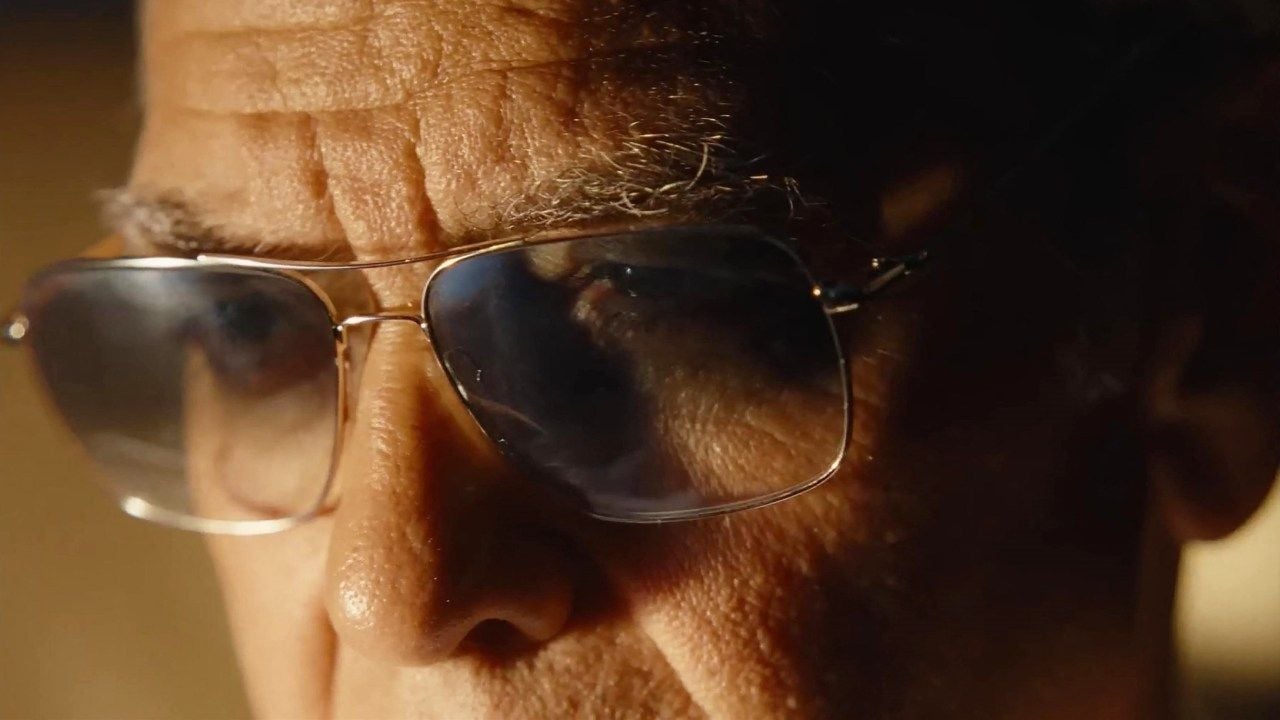“The poor do not want to take responsibility for their lives”, “the poor spend more than they can afford”, “the poor are not able to act decisively”…
You have probably heard more than once arguments why a person cannot become a millionaire, or at least a specialist who earns four average Russian salaries per month.
Experience in Bangladesh
Lately it has been very popular to say that psychology is to blame for everything, and that the poor simply think badly – for example, they are not able to realize that it is better to buy an expensive thing, but to high quality that will last a long time, instead of the cheap ones that constantly fail. However, scientific studies have shown that not everything is so simple.
Experts from the London School of Economics have asked the question: what keeps a person out of poverty? They conducted their study in Bangladesh, and the villagers became the “guinea pigs”: they were given cattle at random, and then they assessed how it affected people’s financial situation.
It turned out that such a sudden “winning the lottery” affects people the same way: it forces them to take action to increase their holdings even more. “Large one-time transfers of wealth allow a person to engage in more productive work, which, in turn, leads to improved financial status,” the scientists explain.
ADVERTISEMENT – CONTINUED BELOW
Read also: At least nine zeros: how much do the richest women in Russia earn
Research by Michael Kremer
To put it simply, getting out of poverty doesn’t require a lot of special motivation or the “right” way of thinking. We need tangible financial resources – only this helps to reach a new level instead of fighting for survival. This law does not only work in Bangladesh: in any country, you need a financial cushion that will allow you to pay for additional studies and find free time to acquire new knowledge.
A similar study was conducted by Michael Kremer in Kenya in the mid-1990s – for which the scientist was awarded the Nobel Prize. Michael and his Harvard colleagues were trying to figure out how education could be improved in a place where children often go to school hungry and don’t have their own textbooks.
The economists chose several schools and provided them with different types of resources: some institutions received books, others received free products for children, and still others increased teachers’ salaries. However, it turned out that such “infusions” do not help, but targeted help for late students and an individual approach to each work.
What conclusion can we draw from this? It’s simple: to make a breakthrough, you need assets, not new ideas. There are no universal affirmations that will change lives – each person, in addition to resources, must consider their individual abilities to succeed in life.
More content in our telegram channel.
Source: The Voice Mag
Ben Stock is a lifestyle journalist and author at Gossipify. He writes about topics such as health, wellness, travel, food and home decor. He provides practical advice and inspiration to improve well-being, keeps readers up to date with latest lifestyle news and trends, known for his engaging writing style, in-depth analysis and unique perspectives.








